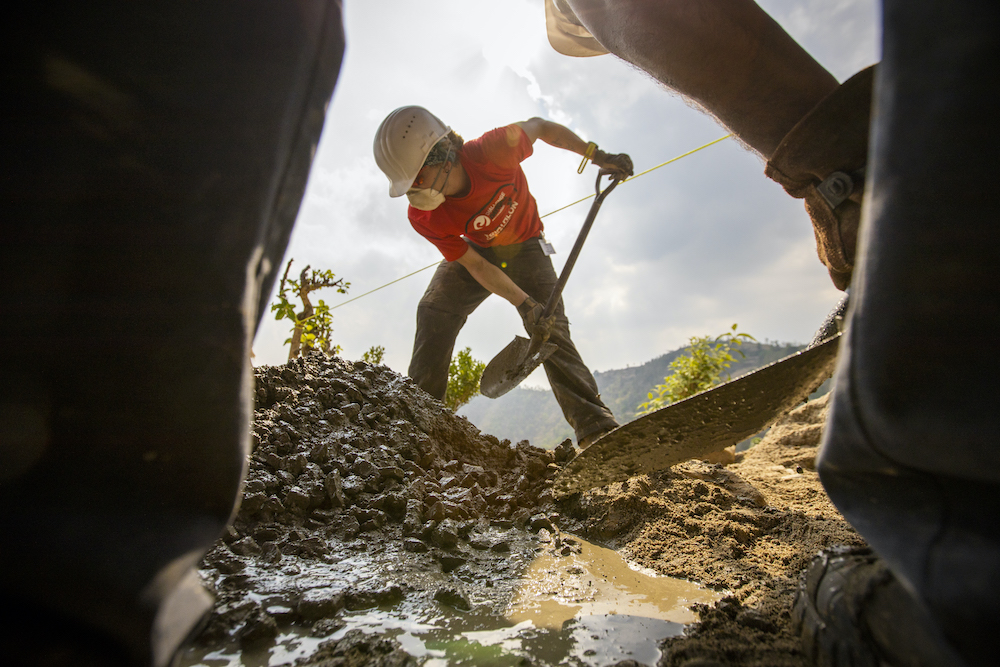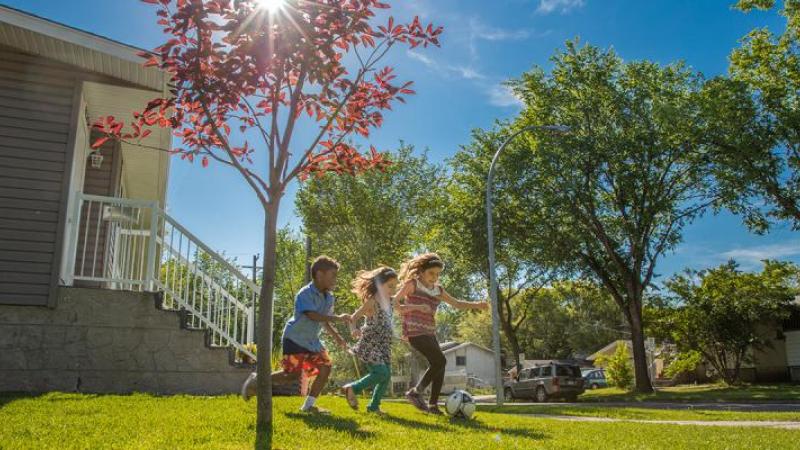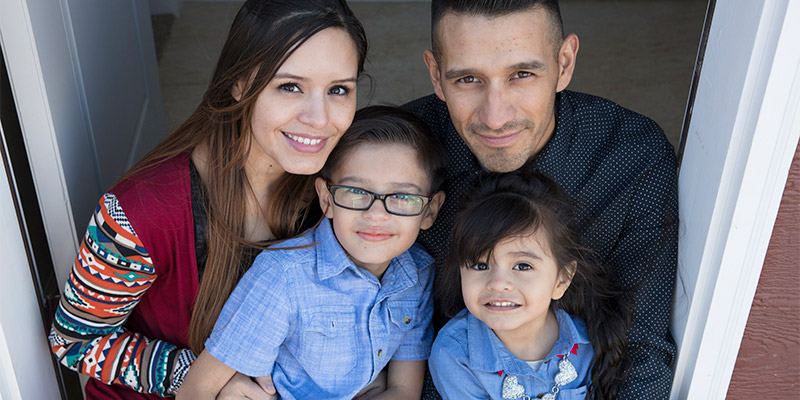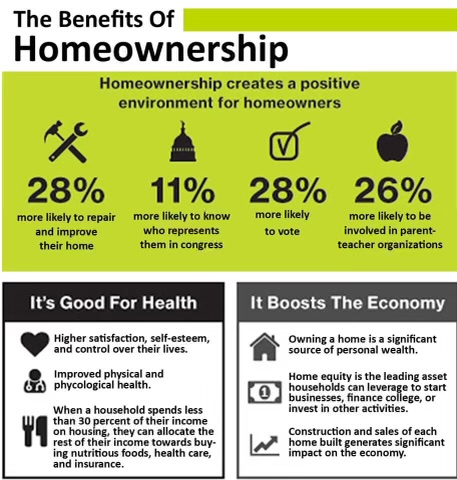Dixon Village Neighborhood


An Innovative Approach to Building Community in North Belmont
Habitat for Humanity of Gaston County is excited to announce the creation of Dixon Village – a neighborhood that will provide homes for Habitat families and entry-level market-rate buyers in a community that is an innovative approach to providing affordable housing. Dixon Village is designed to encourage interaction in a diverse, closely-knit community, creating what research shows are economic, social, and educational benefits for our entire region.
Located in North Belmont, Dixon Village is a 7.5-acre development that will contain 28 single-family homes. About a third of these homes will be for Habitat homeowners, making it one of the few developments in the nation that is setting a new precedent for mixed-income living.
The remaining homes in this neighborhood will be for market-rate homebuyers, providing an increasingly rare opportunity for aspiring homebuyers to purchase a home at an entry-level price range where there currently is low inventory in our area.

A Charming, Attractive Neighborhood
Dixon Village will be a charming, attractive neighborhood. The housing will be a mix of single story 3-bedroom houses and two story 4-bedroom houses. The architectural design of the houses will be in the style of a Craftsman bungalow. Design elements such as shingles and material accents will be used to add variation, visual interest, and color to the exteriors. The neighborhood will feature community building amenities such as front porches, sidewalks, and a park-like green space with a playground, picnic tables, and a walking path.
One Area Can Transform a Neighborhood
Why build a neighborhood like Dixon Village? We have seen firsthand the transformative effects of homeownership on a family as well as the way building many Habitat homes in one area can transform a neighborhood. A 2019 “Analysis of Impediments to Fair Housing Choice,” conducted for the city of Gastonia and the Gastonia Consortium by Mosaic Community Planning, stated, “Homeownership is vital to a community’s economic well-being. It allows the opportunity to build wealth, is generally associated with higher levels of civic engagement, and is correlated with positive cognitive and behavioral outcomes among children.”
Mixed-income Neighborhoods Benefit the Residents
Research demonstrates that mixed-income neighborhoods benefit the residents of those homes, including improved health conditions and education outcomes for lower income children. The entry-level, market-rate homes will fill a gap in the regional housing market which has extremely low inventory of new home construction below $250,000. The neighborhood is designed to encourage interaction among the market rate and the Habitat families and to foster a sense of community among all of the residents regardless of age, background, or economic status.
New research shows that neighborhood effects—the impact of peers, the local environment, neighbors—contribute significantly to success later in life. Low-income children who grow up in a mixed income neighborhood have better lifetime economic results. This signals that an important strategy for addressing poverty is building cities where mixed income neighborhoods are the norm, rather than the exception.
Who Are Our Partner Families?
Our partner families are hard-working parents, many of them single, with children, who are:
- Raising a family full-time
- Working full-time at one job, some of them have two jobs
- In addition to the above responsibilities, they work what equates to an additional part-time job completing their Habitat responsibilities when they perform an average of 14 hours of sweat equity each month.
Our future homeowners work hard at essential jobs in our community, such as:
- A housekeeper at the hospital
- A Gaston County school system cafeteria assistant
- A supervisor at the hospital cafeteria
- A cook at a local restaurant
- A shift supervisor at a fast-food restaurant
- A social worker
- A business development analyst at a local bank
- A bank teller
- A machine operator in a manufacturing company
Our future homeowners are resilient, and they have persevered to overcome challenges such as poor credit, consumer debt, and low wages.
Many of our future homeowners undertake this journey because they want to provide a better future for their children. Our partner families could not obtain a traditional mortgage and partnering with Habitat is usually their only avenue to purchase a home. Homeownership transforms the lives of our partner families, but it is also important to the well-being of our community.
What Are the Benefits of Homeownership?
Research has shown the importance of families living in a safe, stable environment. A home that families can afford provides the ideal conditions where adults and children thrive. Affordable homeownership provides this opportunity while it helps families build wealth and plan for the future.
For families, homeownership directly effects their quality of life. Homeownership creates a positive impact on a family’s budget so they can afford basic necessities of food, medicine, and clothing for their family. With an affordable mortgage, families don’t have to make impossible choices between health care expenses and other basic living expenses. Having adequate housing limits exposure to allergens, toxins, mold, dust mites, pests and more.
Homeownership provides the ability to continue to dream and achieve goals for the future, breaking the cycle of poverty.
For Gaston County, homeownership benefits the entire community.
Homeownership not only benefits families, it also benefits all residents of Gaston County. Habitat homeowners pay property taxes which support local government services and jobs. Homeownership can revitalize distressed communities, build neighborhood stability, and foster a sense of community and well-being.
The benefits of homeownership are meaningful to all. When families have more disposable income to invest in basic necessities of life such as health care and education, it eliminates stress on municipalities to provide services for struggling families. Homeownership can eliminate generational poverty due to a family’s ability to attain a valuable asset that can be transferred to their children.
Project Team
The Dixon Village project team is composed of experienced real estate and construction professionals, along with Habitat for Humanity of Gaston County’s Executive Director and Board of Directors who are committed to successful execution of this project.
Tom Ras, owner of Thomas Construction and Renovation, is a successful builder with over 20 years of experience in the construction industry on projects that range from commercial projects to custom million-dollar homes.
Cathy Young, with Allen Tate Realty, is a successful Realtor/Broker and a former elected official with extensive knowledge regarding the real estate market and the zoning process.
Jeff Howe, owner of Custom Building Systems, a third-generation construction company that is a leading construction and paving firm in the Charlotte region.
Brent Cowan, with The Isaacs Group, is the project engineer who is designing the site plan, storm water design, roadway design, and construction documents.
Kay Peninger and Habitat Gaston Board of Directors are leading the development of Dixon Village as part of their strategic goals to serve more families in Gaston County due to the overwhelming need for affordable housing and for the transformative effects of homeownership.

Budget and Timeline
Habitat for Humanity of Gaston County is seeking to raise $1,575,000 to begin development of the Dixon Village neighborhood. The initial work will consist of clearing, grading, installing water and sewer utilities and paving. We will also install sidewalks, a mailbox kiosk, and an entrance sign with accompanying landscaping.
We are currently in the zoning process with the city of Belmont. We hope to begin the site preparation work in June 2021.
Clearing, grading, paving, utilities Neighborhood sidewalks Permitting fees Mailbox kiosk and entrance sign Landscaping and common areas Budget Total | $1,300,000 $75,000 $63,000 $50,000 $87,000 $1,575,000 |
Dixon Village will be a unique neighborhood that will contribute greatly to a strong and healthy Gaston County. This is an opportunity to support hard-working, low-income families in their dream of becoming homeowners, which will allow them to provide an environment where their children will grow and thrive.
Here’s How You Can Help
You can see firsthand how Habitat is working for families who need a home they can afford. Habitat homes are not gifts. Every family purchases their house with an affordable mortgage after they contribute sweat equity by helping to build their home and the homes of other partner families.
Habitat for Humanity of Gaston County is committed to the vision of encouraging interaction in a diverse, closely-knit community, creating what research shows are economic, social, and educational benefits for our entire region. If you are committed to changing the lives of families across Gaston County, please join us by giving generously to fund this transformative project. We are currently fundraising for Phase I of our construction budget. Together, we can build a brighter future.
You may give online at habitatgaston.org, send a check to Habitat for Humanity of Gaston County, 1840 E. Franklin Blvd, Gastonia, NC 28054. If you would like to give a gift of stock or donate through a Donor Advised Fund please contact us at 704-874-0499.
Thank you for supporting Habitat of Humanity of Gaston County!
For additional information, please contact:
Kay Peninger
Executive Director
Habitat for Humanity of Gaston County
704-874-0499
kay@habitatgaston.org


